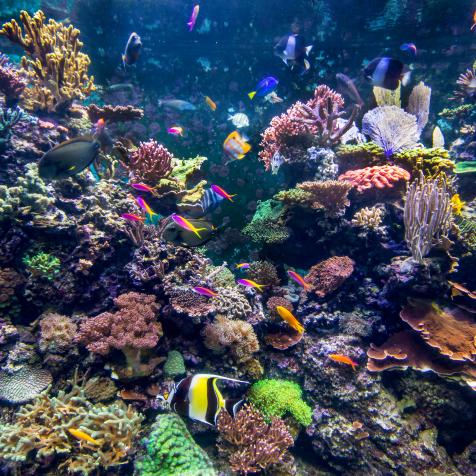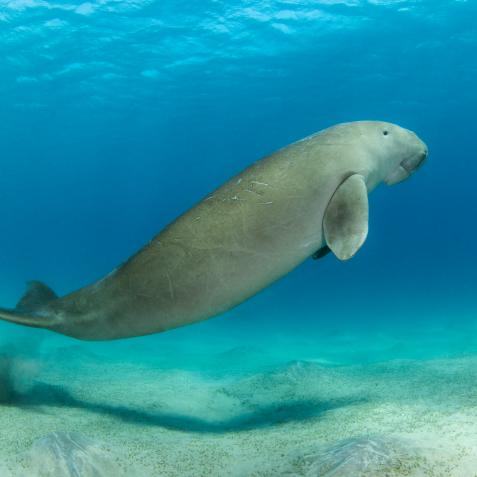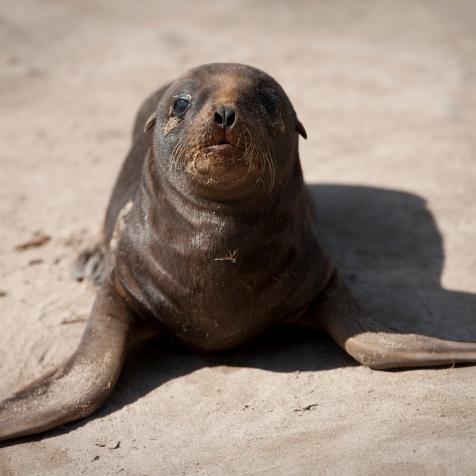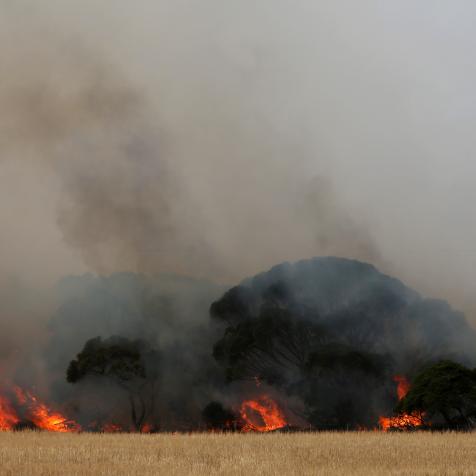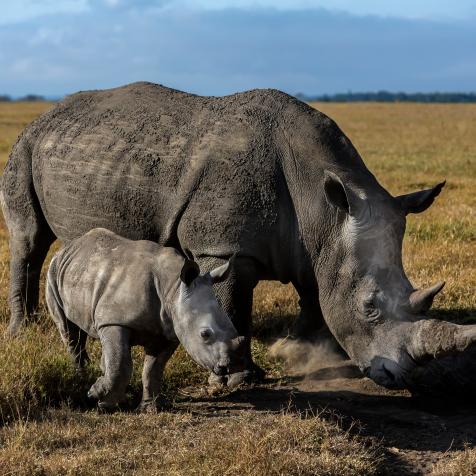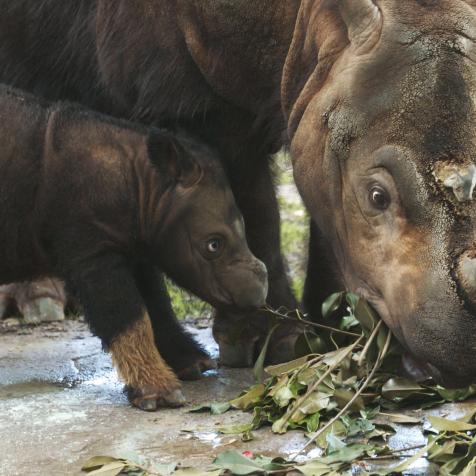
Papua New Guinea’s Guardians Of The Sea
Papua New Guinea’s Stunning Corals Are Under Threat–Here’s Who’s Trying to Save Them
Papua New Guinea feels like the land time forgot. This small corner of the world holds up to 5% of the world’s marine biodiversity, and the high, dramatic mountain peaks and volcano craters contrasted with the deep blue sea make for breathtaking scenery. And Kimbe Bay, in the Talasea Peninsula in West New Britain Province (WNBP), is a rugged island paradise. Kimbe Bay is dominated by craggy, rainforest-cloaked volcanic reefs which rise magnificently from the water and dominate the skyline. Visiting here is like being shown one of Mother Earth’s secret hideaways. The lush green forests fall steeply down the mountain sides to meet the crystal clear, brilliant blue water, which is teeming with life. The bay lies within the “Coral Triangle”, an area widely thought of as the global center of marine diversity, containing 76% of the world’s coral species.
Photos
See All PhotosThe diving here is regarded as some of the best in the world, thanks to the area being home to 860 reef fish species, 10 species of whales and dolphins, and 400 types of coral. Fringing reefs spanning several kilometers, schools of brightly colored fish, looming seamounts rising from the gloomy depths of the ocean, red sea-whips, and eye-poppingly vibrant soft corals - and even old WWII fighter plane wrecks are just some of the tapestry of wealth on offer.
Even though Kimbe Bay is considered one of the best preserved marine ecosystems in the world, its corals haven’t escaped the threat of bleaching, its reefs have not avoided the devastating effects of human impact. Local divers, who know the reefs like they are their neighborhood streets, say the palm oil industry - which has devastated the country's forests - along with rising sea temperatures have borne harsh consequences for the ocean. But one dive destination, Walindi Plantation Resort, which is internationally revered as a diver’s mecca, is trying to preserve the underwater paradise against the odds. The location is remote, to say the least. Almost an hour’s drive from the nearest airport - Hoskins - a tiny landing strip in the middle of towering trees, the resort is nestled on a black volcanic beach and feels worlds away from civilization.
Started by Australian agronomist couple Max and Cecilie Benjamin in the 1970s, the resort works to research, educate and empower local communities to protect the ocean through its non-profit program Mahonia Na Dari, which means “Guardian of the Sea” in the local Bakovi language. Students in the peninsula are taught marine education, and the program involves them in researching, understanding, and conserving the bay's environment—everything from turtle nesting areas to sea grass beds. The NGO also teaches locals about resource management and helps develop community-based programs that are sustainable for locals.
"There's no use in just us trying to save Kimbe Bay," Cecilie told Discovery.com, "we need to involve the locals. If they learn what they need to do to help preserve marine life, then that is something they can pass down generations. Although most of our students come from coastal areas, many of them don't dive or know much about what goes on underwater. We train teachers to provide them with that knowledge, so they can take action themselves."
Cecilie hopes with more funding, the program can be disseminated online, and reach more students and teachers in Papua New Guinea. The education model could be applied for other similar areas, such as Malaysia, Indonesia, and the Philippines.
Regardless of whether you're in Kimbe Bay to learn about marine life, or simply to explore it, setting out from the intimate resort on a small charter boat and heading for the turquoise waters, bright corals, and uninhabited islands of the bay, miles away from internet, phone signal,l and civilization—this is truly what it means to be an adventurer.












